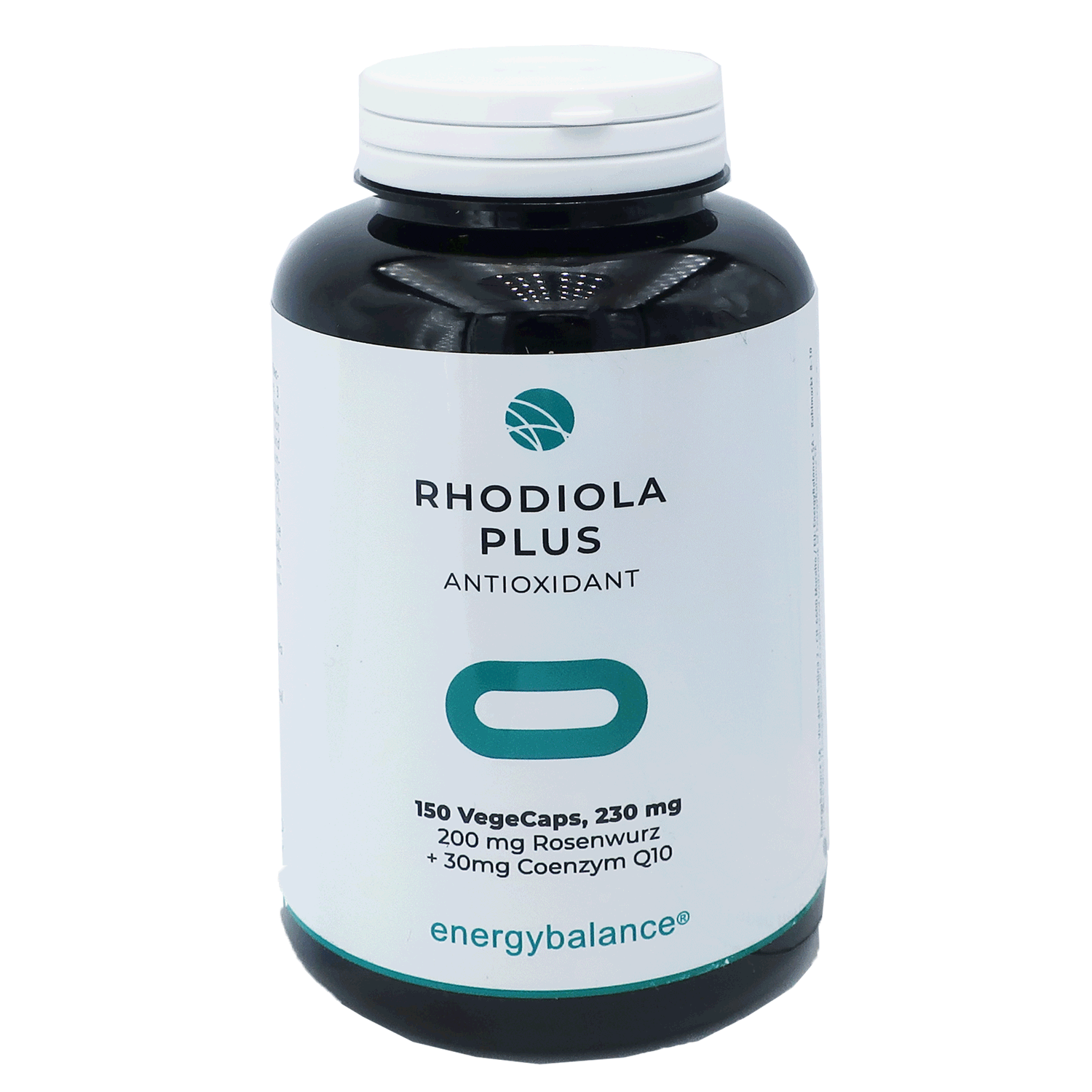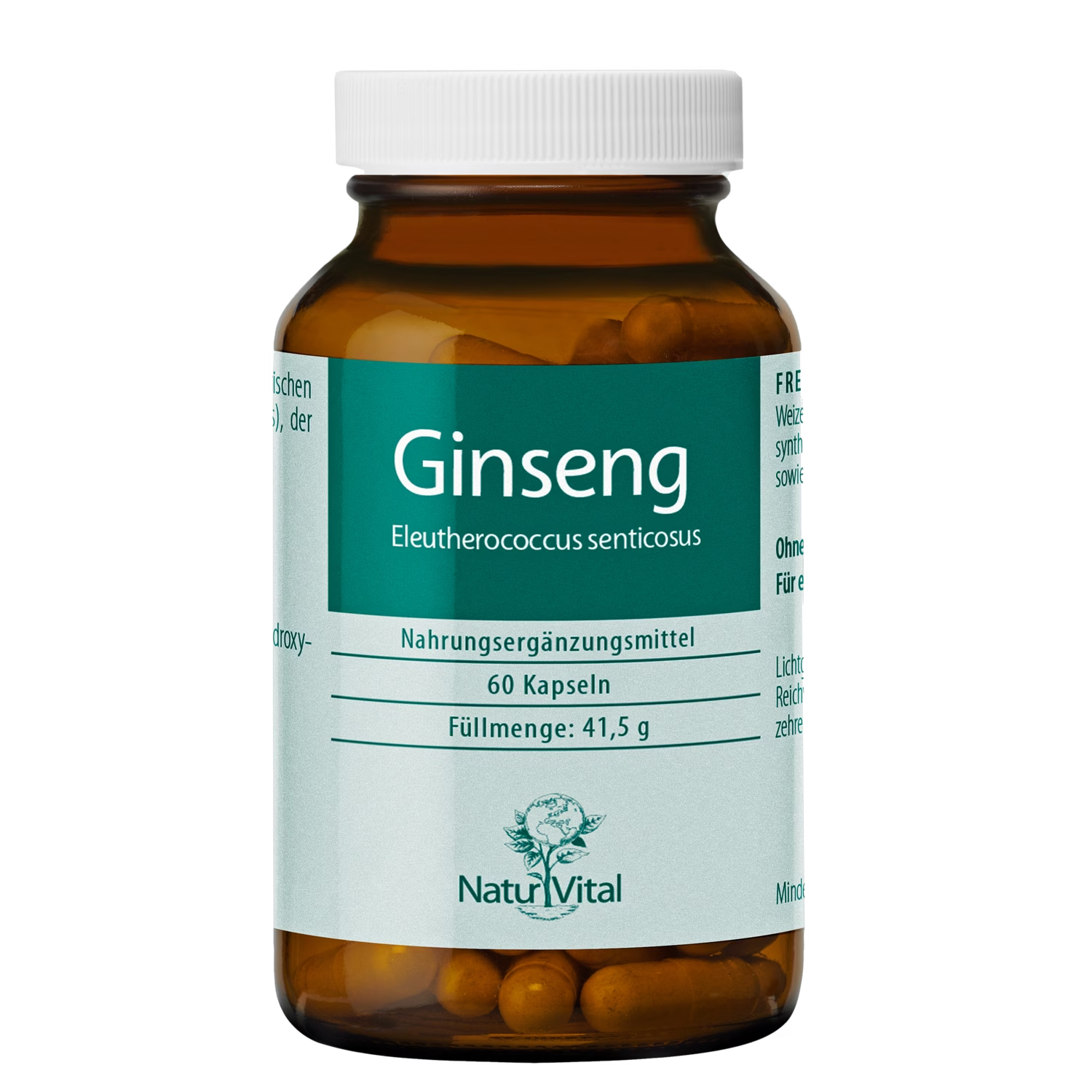Tired and exhausted? These natural substances provide more momentum in everyday life
Fatigue and exhaustion - which herbs are true "pick-me-ups" and what do the studies say about it.
Fatigue and exhaustion - which herbs are true "pick-me-ups" and what do the studies say about it.


B.A. Sporttherapie und Prävention
You drag yourself through the day, no coffee helps, and everyday activities become torture - a constant feeling of fatigue and exhaustion can become a real burden. The reasons for this can be as varied as they are complex: sleep disorders, overwork, intensive sports, psychological strain or chronic stress are just a few of them. First of all: being tired after a hard day, a stressful situation or an intensive sports session is completely normal! Ideally, the body then gets its rest time to fully regenerate. If you give it this rest, enough sleep and deserved breaks and still have the feeling to go through the day completely without energy and exhausted, you should take a closer look at possible causes.
A good way to support yourself naturally in everyday life can be found in nature.
We would like to present a selection of our top 3 "pick-me-ups".
In China, ginseng has been one of the most popular roots for more vitality for decades. In the meantime, ginseng has become part of many studies. Promising results are delivered. For example, according to Reay JL et al (2005), cognitive performance is said to be increased by taking ginseng (1). Contrary to many rumors, this does not apply to physical performance. A large number of studies negate this widespread opinion (2,3).
Ginseng shows itself to be particularly positive as a companion through demanding phases of life. Especially in the case of fatigue and stress, several studies assign adaptogenic properties to ginseng (4,5) Adaptogen means the ability of the body to adapt to demanding stress situations.
With Ashwaganda, we take a trip to Ayuerveda, which originated in India.
In this it is touted as the "Queen of Ayuerveda" and is especially praised for its balancing effects during periods of high stress. Ashwaganda is also receiving more and more attention in studies. Again, with promising results. For example, it is said to increase the body's resistance to stress when taken in high concentrations (6). Ashwaganda is also becoming increasingly popular in competitive sports as an accompaniment for mentally demanding phases of competition.
With regard to Ayurveda, you can do a lot for your own health and read up on knowledge yourself. But even better would be a comprehensive consultation from a professional, for this we recommend the best Ayurveda consultant known to us Belgin Coban:Advice (naturnahrung.net)
Rhodiola, also known as rose root, is found in cool, moist mountainous areas. In Russia (Siberia) it has been known for years as a useful root for harsh winters and hard work. Like ginseng and ashwaganda, it belongs to the adaptogenic plants. Again, the value-giving substances are found in the root of the plant. These include: Rosavin, as well as flavonoids and terpenoids. These substances ensure that Rhodiola is a good choice, especially in stressful times such as exam periods. A Russian study tested this on medical students during their exams. The results can be found here.
All three plants have been used in traditional folk medicine for decades and are positively highlighted in numerous testimonials. Since stress and overload are ubiquitous in our daily lives, we see a lot of potential in science to continue to back up the potential of these plants with valuable studies.
Sources:
Related products

Content: 0.058 Kilogramm (€603.45 / 1 Kilogramm)

Content: 0.042 Kilogramm (€595.24 / 1 Kilogramm)
